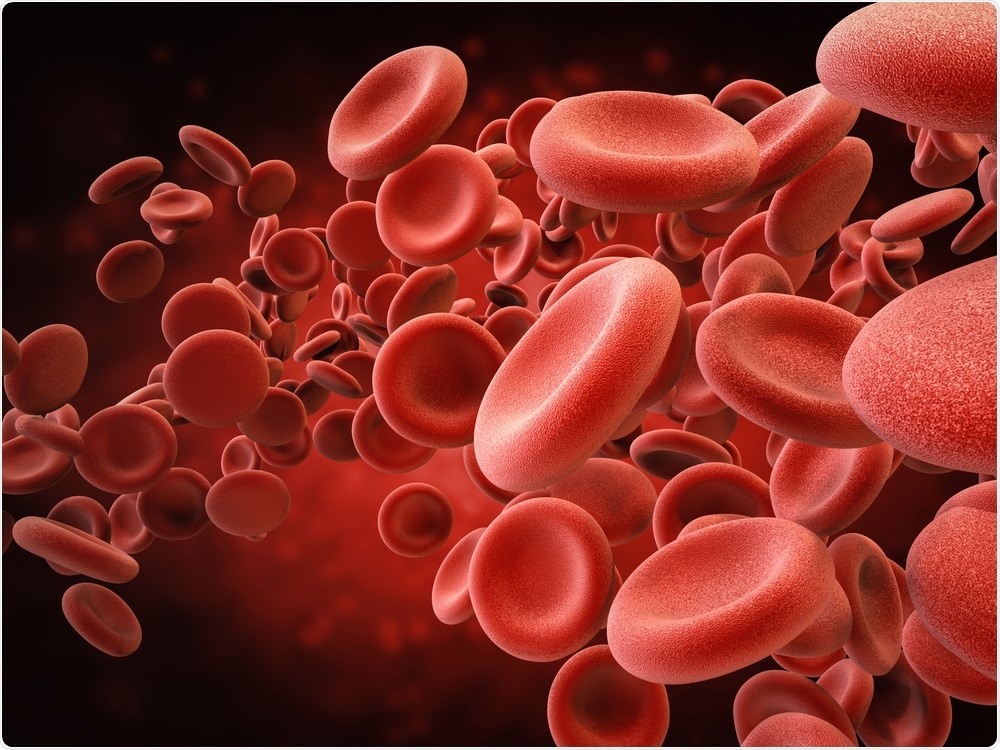Researchers are now pursuing intensive research on the genetic causes of traits and diseases, with over 250,000 such links known currently. However, in most of these cases, it is not clear how the genetic variant identified impacts the corresponding trait.

Image Credit: Phonlamai Photo/Shutterstock.com
One likely explanation is that the genetic variant impacts gene expression, that is, how the gene is read, and thus modifies trait expression.
Therefore, the international eQTLGen Consortium has performed extensive studies on how genetic variants impact the expression of genes in the blood. A key result of the study was that genetic regulations were identified very close to the gene in 88% of all the genes analyzed.
These are named cis effects. Moreover, the researchers demonstrated that 37% of the trait-related genetic variants analyzed were controlled by distant genes, a phenomenon known as trans effects.
Mechanisms identified that determine the first occurrence of menstruation
The several cis and trans effects on gene expression identified provide several new ways to elucidate molecular relationships for an extensive range of diseases and traits. For instance, the team determined the trans mechanisms caused by the gene ZNF131, which govern the first occurrence of menstruation.
In certain cases, such mechanisms have already been confirmed in the laboratory. Another example is the new mechanistic understanding of how the FADS1 and FADS2 genes impact fatty acid metabolism.
The results significantly expand our knowledge of how gene expression in the blood is regulated and go far beyond the information in databases currently available such as GTEx, the world’s largest database to date.”
Markus Scholz, Bioinformatics Researcher and Professor, Leipzig University
“We expect this to provide us a better understanding of genetic associations. Although not typical for the sciences, other study groups were already using the data from our study to interpret the genetic associations they found before it was even published,” added Professor Scholz.
Data from 7524 subjects and patients at Leipzig University’s Faculty of Medicine
Set up in 2014, the Consortium performed 37 studies including a total of 31,684 subjects and patients. The Faculty of Medicine at Leipzig University contributed much to the overall numbers as the data analyzed from its three cohorts (Sorben, LIFE Adult, and LIFE Heart) were obtained from 7524 individuals. “This underscores the high relevance of the renowned cohort programmes in Leipzig,” noted Professor Scholz.
Researchers from the Institute of Medical Informatics, Statistics and Epidemiology (IMISE) set up the Consortium, which was headed by a team from the University of Groningen. In addition, the researchers developed an all-inclusive analysis plan together.
The analyses are very complex because, for one thing, several billion tests are performed and the control of the error rate has to be tailored to the type of correlations being studied.”
Dr Holger Kirsten, Researcher, Institute of Medical Informatics, Statistics and Epidemiology
Source:
Journal reference:
Võsa, U., et al. (2021) Large-scale cis- and trans-eQTL analyses identify thousands of genetic loci and polygenic scores that regulate blood gene expression. doi.org/10.1038/s41588-021-00913-z.